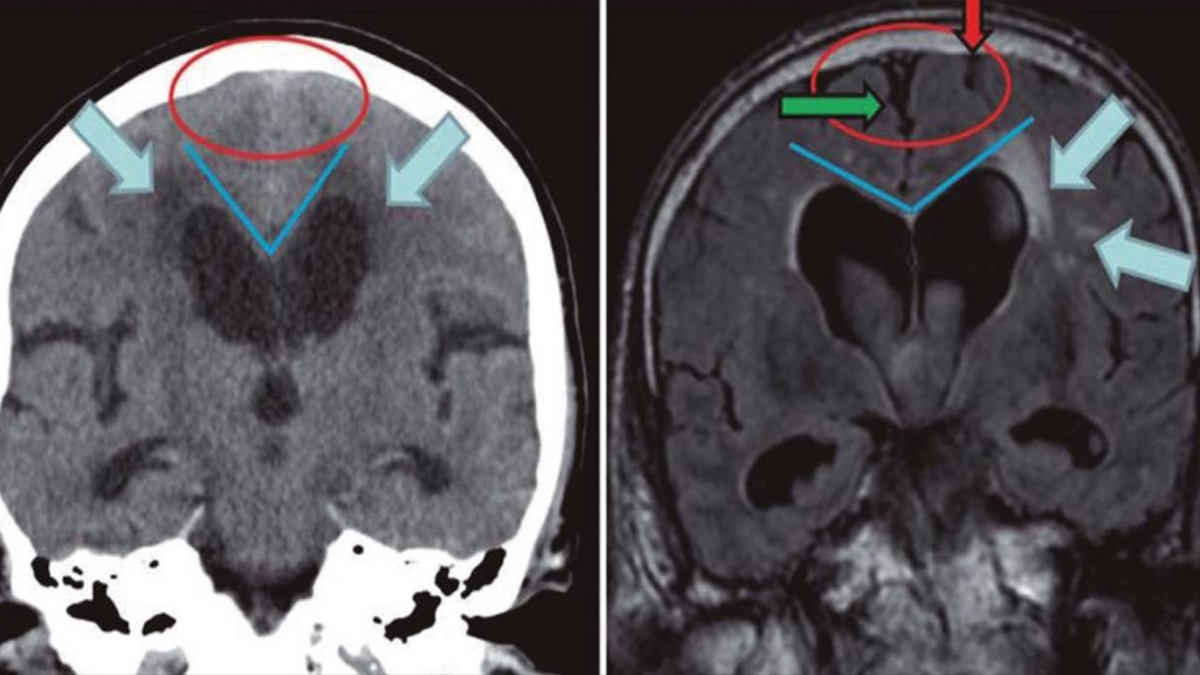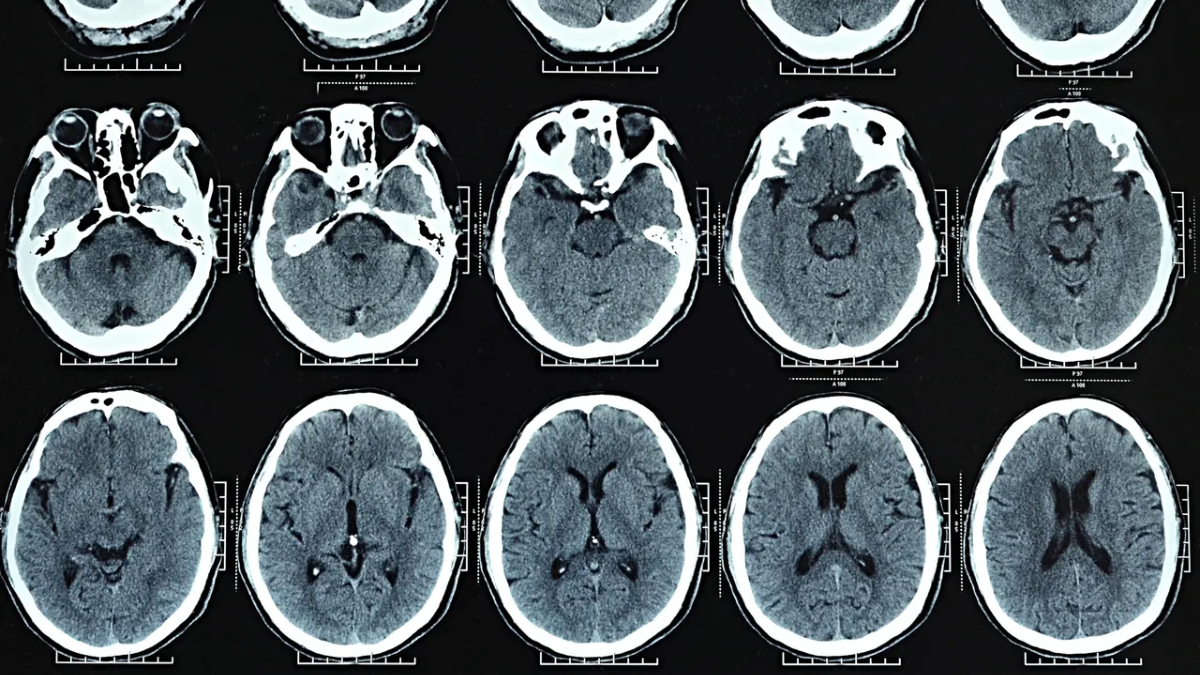
Legendary musician Billy Joel has recently revealed that he has been diagnosed with a neurological condition called Normal Pressure Hydrocephalus (NPH). The 76-year-old artist, known for his timeless hits like Piano Man and Uptown Girl, announced the news via a statement on his social media platforms. Joel’s condition has reportedly worsened due to his recent concert performances, which have led to complications with hearing, vision, and balance. As a result, he has cancelled his upcoming shows and is currently undergoing treatment, including specialised physical therapy.
Table of Content:-
This revelation has sparked widespread concern and curiosity among his fans, prompting questions about what NPH really is and how it affects a person’s health.

Understanding Normal Pressure Hydrocephalus (NPH)
Normal Pressure Hydrocephalus is a disorder linked to the buildup of cerebrospinal fluid (CSF) in the brain’s ventricles. Unlike other forms of hydrocephalus that raise intracranial pressure, NPH is marked by normal levels of pressure within the skull despite the fluid accumulation. This makes the condition particularly deceptive and difficult to diagnose.
Also Read: Rapper Badshah’s Weight Loss Journey: How Portion Control Fuelled His Transformation
NPH primarily impacts older adults, typically beginning around age 70. While the condition is relatively rare in individuals under 65, it becomes increasingly common with advancing age. It’s estimated that nearly 6% of people over 80 may be affected by NPH globally, translating to millions of cases worldwide.
Key Symptoms to Watch For
Normal Pressure Hydrocephalus often manifests subtly, with symptoms worsening gradually over three to six months. The condition is usually identified by a specific group of symptoms referred to as Hakim’s triad:

Gait Disturbances
The most prominent early sign is difficulty with walking. People with NPH may appear to shuffle or drag their feet, experience frequent unsteadiness, or even freeze mid-step. These symptoms are often mistaken for Parkinson’s disease but stem from a different underlying cause.
Urinary Incontinence
Loss of bladder control is another telltale sign of NPH. This may include a frequent urge to urinate, difficulty holding urine, or unintentional leakage. Often, this symptom begins subtly and worsens over time.
Cognitive Impairment
Mental function tends to decline in individuals with NPH. This can include forgetfulness, slowed thinking, difficulty focusing, and mood changes. These symptoms are frequently misattributed to dementia or general ageing, delaying accurate diagnosis and treatment.

Causes: Primary vs Secondary NPH
There are two types of NPH based on its origin:
- Primary (Idiopathic) NPH: This form has no identifiable cause. It’s believed to be associated with age-related changes in CSF circulation or absorption.
- Secondary NPH: This occurs as a result of another condition that disrupts normal CSF flow. Possible triggers include traumatic brain injury, stroke, brain tumours, infections like meningitis, or subarachnoid haemorrhage.
Both forms result in a similar set of symptoms, but identifying a secondary cause can guide more specific treatment.
Is It Reversible?
One of the more hopeful aspects of NPH is that, unlike other neurodegenerative conditions, it is sometimes reversible. Early diagnosis and proper treatment, such as surgical intervention with a ventriculoperitoneal (VP) shunt to drain excess fluid, can lead to significant symptom improvement. In addition, physical therapy, cognitive therapy, and lifestyle adjustments may support long-term recovery.
Billy Joel’s Road to Recovery
Billy Joel’s decision to step back from performing underscores the seriousness of NPH and the importance of early intervention. While he undergoes treatment and therapy, his fans are hopeful for his return to the stage. His openness about the diagnosis may also help raise awareness about this lesser-known yet potentially reversible brain condition.
Bottomline
Normal Pressure Hydrocephalus may not be a household term, but its impact can be profound, especially in ageing populations. The symptoms can mimic other neurological disorders, which makes timely and accurate diagnosis crucial. With proper medical care, many patients, like Billy Joel, can manage the condition effectively and maintain a good quality of life. His story serves as a reminder that what might appear as “normal ageing” could in fact be a treatable condition.
Also watch this video
How we keep this article up to date:
We work with experts and keep a close eye on the latest in health and wellness. Whenever there is a new research or helpful information, we update our articles with accurate and useful advice.
Current Version